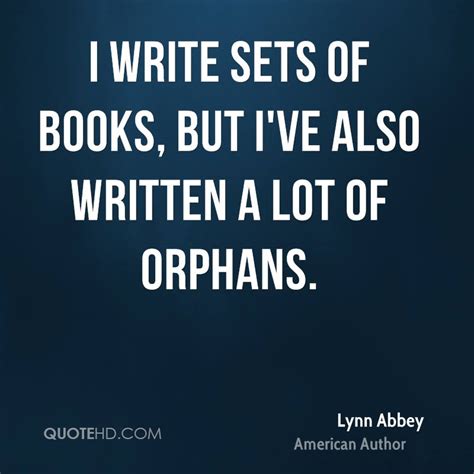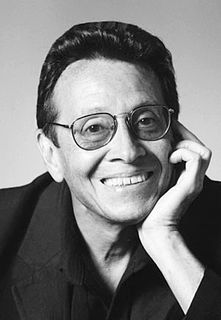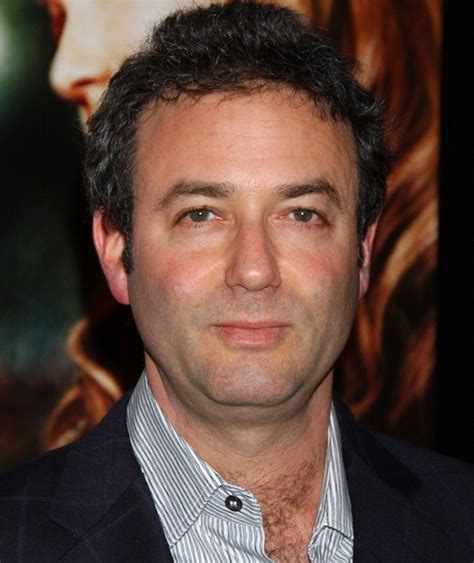A Quote by Adrian McKinty
A specific editor in a specific place likes the book, and you're in. A different editor on a different day goes, 'Oh, this isn't for me', or doesn't even look at it, and that's it.
Related Quotes
Every day is still exciting. I have like a very good system worked out with my editor. Some directors are in there every day, sitting there in the room with the editor. I lose perspective incredibly quickly, and so what I do is I watch...I come in the room and give very specific notes and then I go back to my house or in my office and I watch the dailies.
Newspapers have been likened to steamships that move very slowly, in terms of their direction. And when a reporter is sent out on a story, if that reporter has his or her own personal standards and is given a certain amount of time, they're going to probably do as good a story yesterday or tomorrow as they did the day before yesterday when there was a different editor there. But an editor provides vision. An editor decides what's going to be on page one, what gets rewarded, who's given more time, who's given what beats. They set a direction.
I try to employ a different strategy for each story. Often, I'll have a specific look in mind before I even have the story to go with it. I'm not so much interested in forcing the issue of reader identification through various graphic tricks. I'm more interested in creating specific characters that resonate with my own particular inner struggles.
I find myself acting for an editor more, because there's a quick turnaround with television, so you want to try and seem like you're as frenetic as possible, while replicating your movement so you're giving the editor more opportunity to cut within the different takes. If you're so crazy that you're sitting in one take and standing in another, the editor can only choose one take or the other. But if you can wrangle yourself into the same spot over and over, then you give them more choices for you.






































